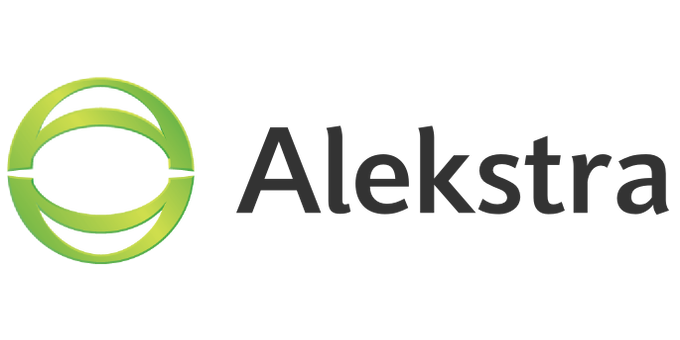Will New Smartphone Plans Convince US Consumers to Switch Carriers?
AT&T and Verizon hold 66% market share of US mobile subscribers. But their share of mobile plans for connected devices is nearly 80% – and it is this market share domination that has enabled the Big Two to make a series of contract price moves that effectively force consumers to upgrade to more expensive plans. Both mega-carriers had dropped their unlimited data plans and cheap texting plans already in 2011. On May 12, Verizon made an even bolder move – it raised the minimum smartphone plan price from $70 to $90. At the same time, Verizon eliminated the need for a separate texting plan entirely. Consumers get unlimited texting in their smartphones – but at a dear price.
The timing was intriguing, because it followed the eye-poppingly cheap new plans announced by Virgin Mobile and Boost Mobile. Virgin Mobile will be offering a $40 monthly plan that features unlimited data, unlimited texting and 1’200 voice minutes – provided you pay the full retail price for the iPhone. Boost Mobile will offer a $55 monthly plan featuring unlimited data, texting and voice. With Verizon’s new smartphone plan, even the minimum 1 GB monthly data allotment costs $50 – and 10 GB would cost $100.
As small rivals roll out ever cheaper monthly plans, Verizon is going into opposite direction – and AT&T is expected to follow shortly. Which is explained by that 80% chokehold Verizon and AT&T have on new connected devices. The largest operators now believe that their wide coverage areas, strong device ranges and robust brands enable them to hike their contract prices far above what small challengers are offering. But if the spread grows wide enough, will we see consumers defecting?
This summer, the smartphone plan price gap between Verizon and its small rivals will grow to an unprecedented level. It will be an interesting test of how much consumers are willing to pay for the premium brand.




